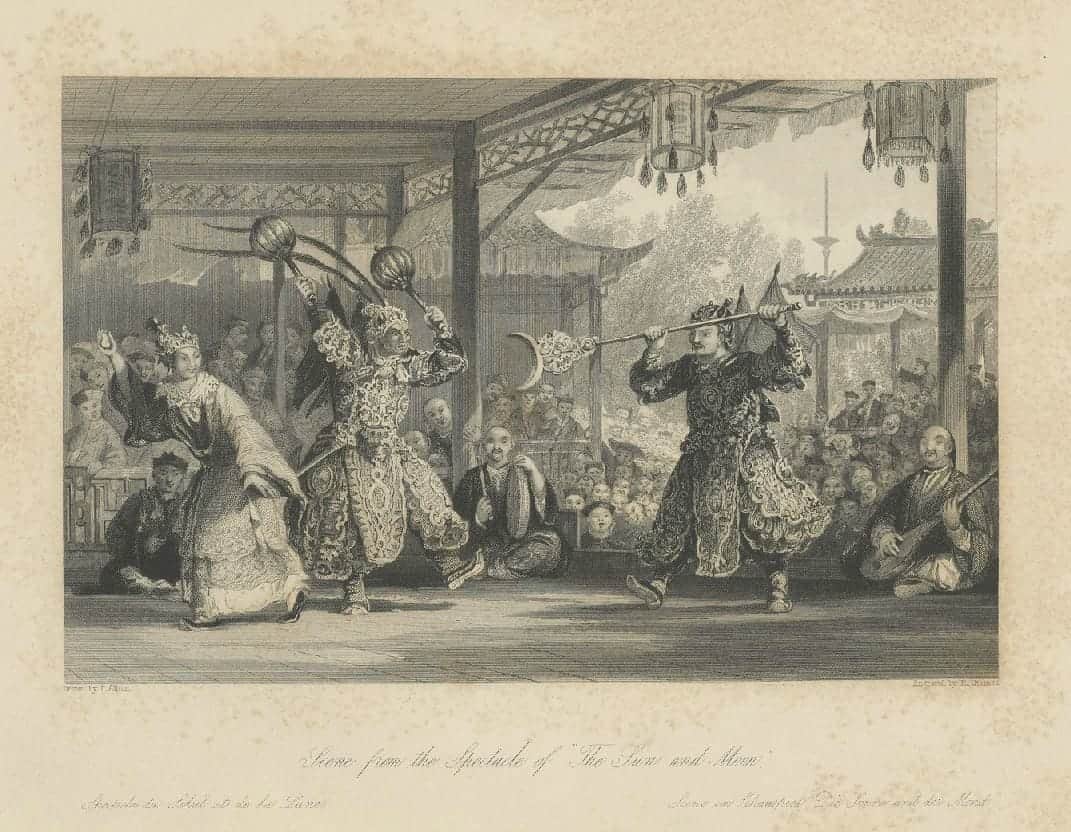“In the spring of 1978, Taito approached Midway about distributing a new arcade game in the United States. The game had originally been invented as a hexadecimal test used for evaluating computer programmers. Someone decided to convert the test into a video game that Taito distributed in Japan, despite the unenthusiastic blessing of company executives. The game was called Space Invaders.”
Kent, Steven L. The Ultimate History of Video Games, New York: Three Rivers Press, 2001, p. 116
Video games—along with anime or manga, and that whole “cosplay” thing—are often perceived to belong to the lowest rung of Japan’s cultural exports. It’s not the first thing that most Japanese would like to talk about when discussing “Japanese culture”. We would rather teach you about the colorful and bold designs of ukiyo-e woodblock prints that even inspired Van Gogh, or the delicate taste and exquisite presentation of traditional Japanese kaiseki cuisine, or the meditative timelessness of our famous Zen gardens. However, the truth is that none of these traditional things (with the possible exception in recent years of sushi) have really had the same level of impact in the rest of the world as our otaku or “geek” subculture. And it all started with Space Invaders.
In this blog post, to commemorate the 40th anniversary of the game’s release, I would like to trace the rise and fall of the Space Invaders fad, as seen through Gale’s historical newspapers programme.
One of the earliest mentions of the game appears in the tabloid the Daily Mail from November 1979. The article announces the arrival of a game “so popular in Japan last year that it upset that country’s money supply”.

Such was the popularity of the game that a year later in November 1980, The Times could write that “If you have recently returned from an Antarctic expedition, you may not have heard of the Space Invaders”.

The same article states that while the arcade game can be “an expensive habit”, Atari, the US game company, had made a gadget that can “turn your own television screen into a Space Invaders machine”.

Indeed, apart from being a successful arcade game, Space Invaders also became the first “killer app” of video game consoles and allowed Atari to sell millions of its Video Computer System. An Atari advertisement in the Daily Mail of this period captures the excitement of the time, along with a cartoon artist’s rather imaginative rendition of a space invader.

By July 1980, the game had even reached the People’s Republic of China, which had opened itself to the world only a few years earlier:


However, as with anything that is widely popular, soon copycat versions of the game started to appear everywhere. The irony is not lost in this Sunday Times article which begins, “The old British complaint that the Japanese copied all our best ideas is being thrown back at us.”

As Space Invaders became a social phenomenon, people began to question the game’s addictive nature and negative influence, particularly on younger players. In January 1981, the Daily Mail reported an incident where a 13-year-old boy stole cash from his family in order to play the game, which led to a wide debate about the need to restrict children’s access to arcade games.

Not all of the press coverage was negative, however. The below article from the Daily Telegraph claimed that a 16-year-old boy suffering from “lack of coordination and concentration problems” has “advanced by four years in the last four months”, supposedly as a result of his obsession with the Space Invaders game.


And even the Royal Air Force was taking note, adopting a version of the game to train their crew against enemy submarines!

Public libraries became fierce battlegrounds for the pro/con debate. The Daily Telegraph article below contains a headmistress’s accusation that Space Invaders and other games were turning libraries into “gambling dens”, to which the chief librarian, who champions the introduction of the machines, responds, “Of course electronic equipment is not a substitute for books. But libraries are no longer quite academic places.” This is perhaps the beginning of a debate surrounding the role of the library and its necessity to attract patrons that continues to this day.

Eventually the debate reached Parliament, where a Labour MP’s Bill to regulate Space Invaders machines by requiring all operators to apply for a license, was struck down. One of the Conservative MPs ridiculed the Bill as a “socialist measure” and that the games keep the young people from doing “much worse things–trooping the streets or engaging in violence”.

However, all fads fade, and by late 1981, the Space Invaders boom had come to an end, leading to extensive layoffs at the Bell Fruit Manufacturing Company, one of the game’s main producers in the UK. A Times reporter wrote that the video amusement machine market “was now in near total collapse”.

Interestingly, a Daily Mail article from the following month reports that Space Invaders was even losing in its appeal against an ancient pub game “Toad in the Hole” which dates back to 1722(!) In the article, the chief executive of National Union of Licensed Victuallers’ Associations is quoted as saying, “Members all over the country report that the video craze is wearing off.”

However, what the chief executive did not know was that while he was conducting that interview, across the Atlantic, another new Japanese export was devoring coins in US arcades and spreading at an astonishing rate, quickly displacing Space Invaders as the most successful arcade game of all time—a title that it continues to hold to this day. That game was, of course, Pac-man!!

Interested in reading more about how aspects of popular culture appear in Gale’s digital archives? Check out the posts below.
>>Gale Ambassador at Durham University, Daniel Mercieca, explores ‘Horror and Censorship: Alfred Hitchcock’s ‘Art of the Cinema’’
>> Craig Pett, Sales Representative in Australia, charts ‘A History of Golf with Gale Primary Sources’
>>Digital Product Editor Ellie Hawkes celebrates the 50-year anniversary of ‘Sergeant Pepper’s Lonely Hearts Club Band’


